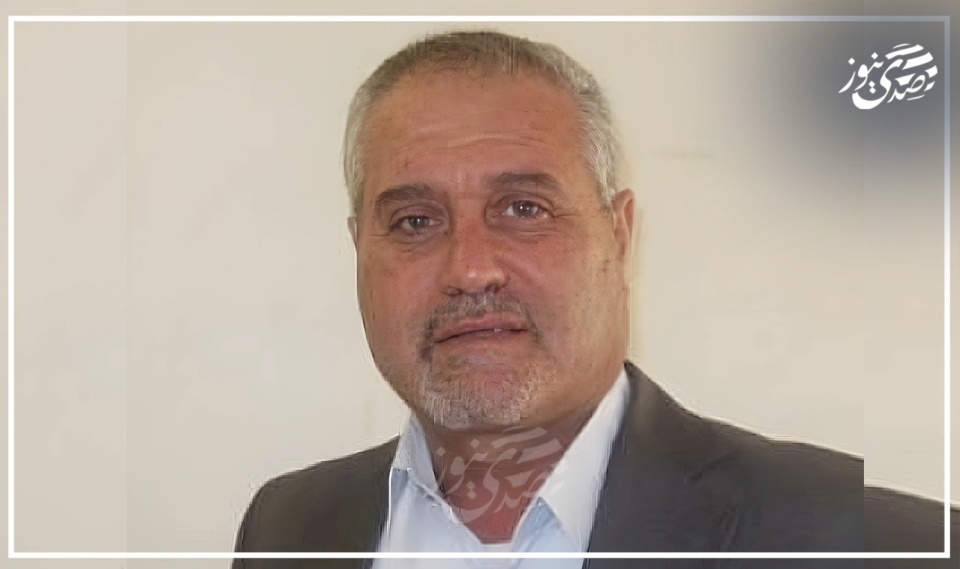
Is Democracy Not for Us?
We often read or hear the saying: "Democracy is not for us, it does not suit us, we Arabs, and that only a dictator can succeed in ruling Arabs," while some talk about the "just dictator."
The proponents of this thinking justify that Arabs belong to clans, tribes, and various forms of familial and ethnic loyalties that come together for both good and evil, in the face of other loyalties, and that democracy cannot be practiced before groups that reject the different, even if it is better, as the first choice is for the son of the tribe.
There has been ongoing public opinion engineering for decades, insisting that Arabs are incapable of living under a democratic framework, and that this system is foreign to Arabs and does not suit them. The question arises: What is the alternative? Is a monarchy better? And what kind of monarchy? Are all kings the same?
Or is republicanism preferable? The republicanism we have seen turn into monarchy, planning to pass on the presidency to one of its sons after him, like Mubarak, Saddam, Hafez al-Assad, Ali Abdullah Saleh, and Gaddafi, until the "Arab Spring" erupted, which began in Tunisia, and its people managed to embark on a democratic journey in 2011 after Ben Ali fled.
In 2014, a democratic constitution was adopted in Tunisia that guarantees freedoms and separates powers, but Kais Saied reverted to the same dictatorial practices in 2021, suppressing his opponents.
Is military rule better? Where one of the officers overthrows the regime, forms a revolutionary council, and appoints himself a transitional president, then soon extends his presidency, during which he suppresses opponents and executes former comrades, as in the Sisi regime, later imposing on the People's Assembly his right to a third and fourth term, and then for life!
Historical experience shows that no people, anywhere, is born democratic by nature; rather, democracy is built through long struggles, phases of learning, error, and reform, starting from ancient Athens, passing through the Arabs post-Islam through shura, until Muawiya ibn Abi Sufyan came to pass on his son Yazid, and restore monarchy after decades of a quasi-democratic shura, albeit under the denomination of "Emirate of the Believers."
Europe lived for centuries through civil wars, tyranny, and feudalism before settling on the democracy we see today. The blood of tens of millions of Europeans was shed in civil wars over power.
The French Revolution of 1789 proclaimed human rights, and in 1792 monarchy was abolished and the First French Republic was declared. The country witnessed political chaos, and Napoleon overthrew the republic in 1799, assuming power as a dictator, embarking on invasions that cost millions of lives in Europe and beyond.
France experienced coups and disturbances from republic to empire to monarchy once again, and then back to republic, with relative stability beginning in 1870. By 1914, France was colonizing 11 million square kilometers worldwide, controlling over 60 million people in colonies, exploiting and brutally suppressing its inhabitants. The "Fifth Republic" is the current system established by Charles de Gaulle in 1958.
In Spain, about a million people were killed or injured in the civil war from 1936 to 1939 between republicans and dictator Franco, who triumphed over the republicans with the support of Nazi Germany and Fascist Italy, subsequently seeking revenge on hundreds of thousands of Spaniards and remaining a tyrannical dictator until 1975, when Spain was declared a "parliamentary constitutional monarchy" where the king cannot independently intervene in politics.
Latin America also witnessed coups, colonialist-run dictatorships, revolutions, and bloodshed before developing into presidential civil systems that vary in their democracy from one to another.
In Chile, Pinochet overthrew the elected president Salvador Allende, leading to thousands being killed and approximately 300,000 imprisoned between 1973 and 1990.
Conflicts in the Far East, and civil wars for power in: China, Japan, Korea, and Vietnam, claimed millions of lives.
So, the issue is not "genes" or "Arab customs," as some insist on convincing themselves and others, but it is a political, economic, and institutional structure that can be developed over time.
It is true that tribal or clan structures may influence the way politics is practiced, as they rely more on personal loyalties than on institutional loyalties, but this does not mean that democracy is impossible among Arabs, but rather that it requires special design suitable for the social environment of each Arab or non-Arab country.
In other words, it is not necessary to copy the Western model of democracy to the letter but to innovate a model that suits Arab societies and the specificity of each one.
To say that "only a dictator suits the Arabs" is a dangerous simplification and an expression of a state of frustration. Perhaps the tyrannical ruler achieves a form of "superficial stability," but it is temporary, preventing the development of political institutions and controlling them, turning them into tools for his service, causing community tension that will explode sooner or later, making the state dependent on a single person, his sovereignty, who is often afflicted with megalomania.
All historical experiences confirm that true stability can only be built on participation and accountability, that is, on the essence of democracy.
Arabs are no different from others, and it is a matter of time, and the Arab peoples will have their freedom and exercise their human rights despite all tyrants of all kinds and names.

Between "Here is Jerusalem" and "Here is Gaza" ... The Voice of a Nation and the Steadfast...

While some count the boos, Palestinians count their martyrs.. Paradoxes of the internation...

When the Palestinian Issue is Reduced to Gaza Management

Legally Licensed Occupation

The Absence of the Palestinian Representation and the Bet on Time

Palestine: When the Criminal is Declared a 'Peace Maker'

Don't Blame the Palestinian People for the Failures of Your Regimes and Ideologies

